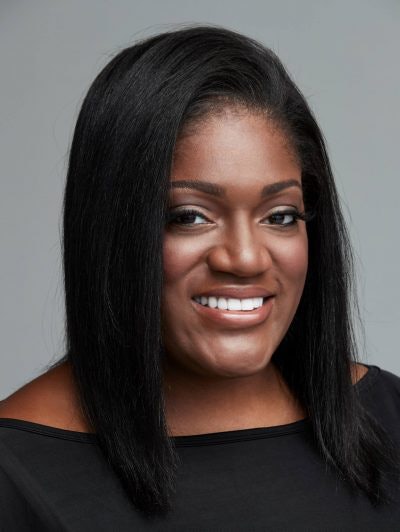In September, a global cohort of Black MBA students will begin an eight-month long fellowship that ends with direct work placement at Marsh McLennan, a risk, insurance, and consulting company. The fellowship, called Racial Injustice and Social Equity (RISE), is a first-of-its-kind program developed in a partnership between Marsh McLennan, Fisk University, and the National Black MBA Association (NBMBAA).
In 2020, a study by the Graduate Management Admission Council revealed that Black MBA candidates still make up only about 10% of the workforce.
“This is a trend we’re hoping to arrest,” said Joe Handy, president and CEO of the NBMBAA. “We want to see more exposure, and we want to see this program replicated.”
“The NBMBAA has direct access to mid- to senior- level talent that can quickly get up to speed,” said Nzinga Shaw, chief inclusion and diversity officer at Marsh McLennan. Putting more Black leaders into these positions “creates more critical mass where we need it, versus starting from scratch at entry-level,” she said.
Second year MBA students or recent MBA graduates from the US, the UK, and Canada who are Black, African American, Afro Latinx, and Afro Caribbean can apply to join the first cohort.
 Dr. Sharon Schembri
Dr. Sharon SchembriParticipants are paired with mentors from Marsh McLennan and leadership from the NBMBAA. At the end of the fellowship, all students will be guaranteed a job at a more senior level position at Marsh McLennan, should they wish to accept the offer.
“The broad conception of social justice isn’t just about social and racial justice. It’s about corporate responsibility,” said Dr. Sharon Schembri, the Cal Turner Endowed Chair and dean of Fisk’s undergraduate business program. “There’s a gap in underrepresented minorities in business leadership. That’s a market opportunity, and Fisk is stepping up to the mark.”
Schembri, who was hired at the historically Black university in Nashville last year, said that “employers are significant stake holders in education.”
Employers are asking, said Schembri, not for more academics in their work field but for future business leaders.
 Nzinga Shaw
Nzinga Shaw“We have an opportunity to generate that,” she said.
Marsh McLennan consists of four other businesses in related fields (Guy Carpenter, Marsh, Mercer, and Oliver Wyman). McLennan’s work-culture videos on their website features diversity as a strength. As part of this fellowship initiative, McLennan executives will take social justice classes led by faculty in the John Lewis Center for Social Justice at Fisk.
“Since the events of 2020, companies have made comments about where they are in the Black community and how they want to change,” said Handy. “They want to see diversity in their boardrooms—here’s a way to accomplish that.”
Marsh McLennan is coming up on its 150th anniversary, and in anticipation of the milestone, Shaw was tasked with finding a way to “start a fellowship program that would support the amplification of black talent within our company and within our industry,” she said.
“The first thing I thought of was partnership,” she said, adding that the partnership between the NBMBAA, Fisk, and Marsh McLennan, was crucial to making her idea come to fruition.
Shaw hopes that, following RISE’s anticipated success, other organizations will follow their lead.
Handy feels confident that this groundbreaking fellowship will soon be replicated across the nation, “a blueprint for every other company that wants to live beyond the hashtag,” he said.
Both Shaw and Handy graduated from Leadership Atlanta in 2019, a competitive year-long program that develops senior talent across the region.
“Part of the charge for our class was to be the class of revolution,” said Handy.
Their conversation continued as Handy became president of the NBMBAA and Shaw, who was previously the chief inclusion and diversity officer for Starbucks, began work at Marsh McLennan.
“By way of that direct dialogue, we came up with the idea of matching talent with companies with a social justice overview,” said Handy. “This past year, we saw something horrific occur that caused people to pause and consider their own business practices, how they were allies or contributors. Businesses had tough and needed conversations within their workspace. This is a really a way for companies to fully commit to their support of social change. We want rubber to meet the road.”
Liann Herder can be reached at [email protected]















